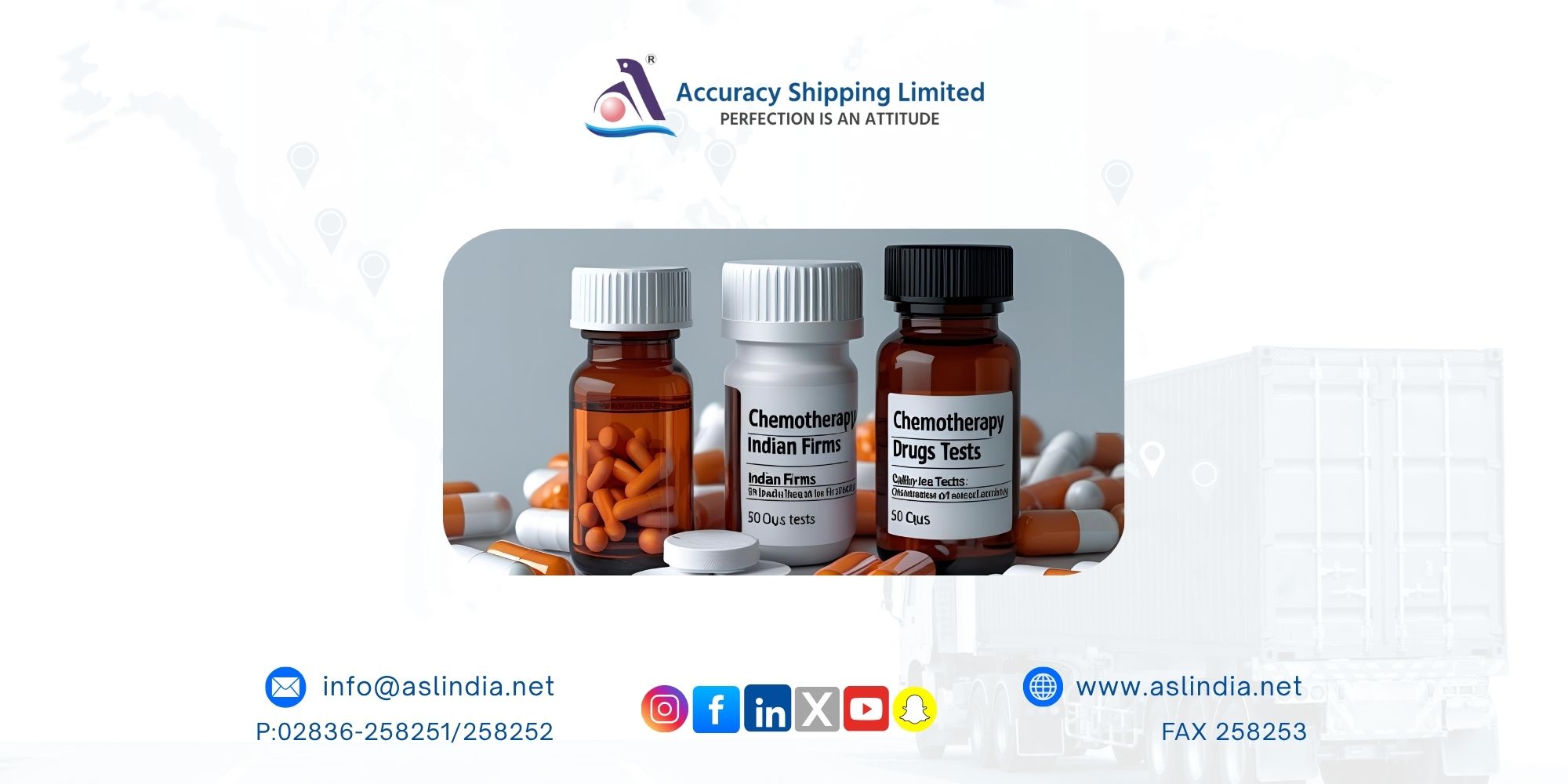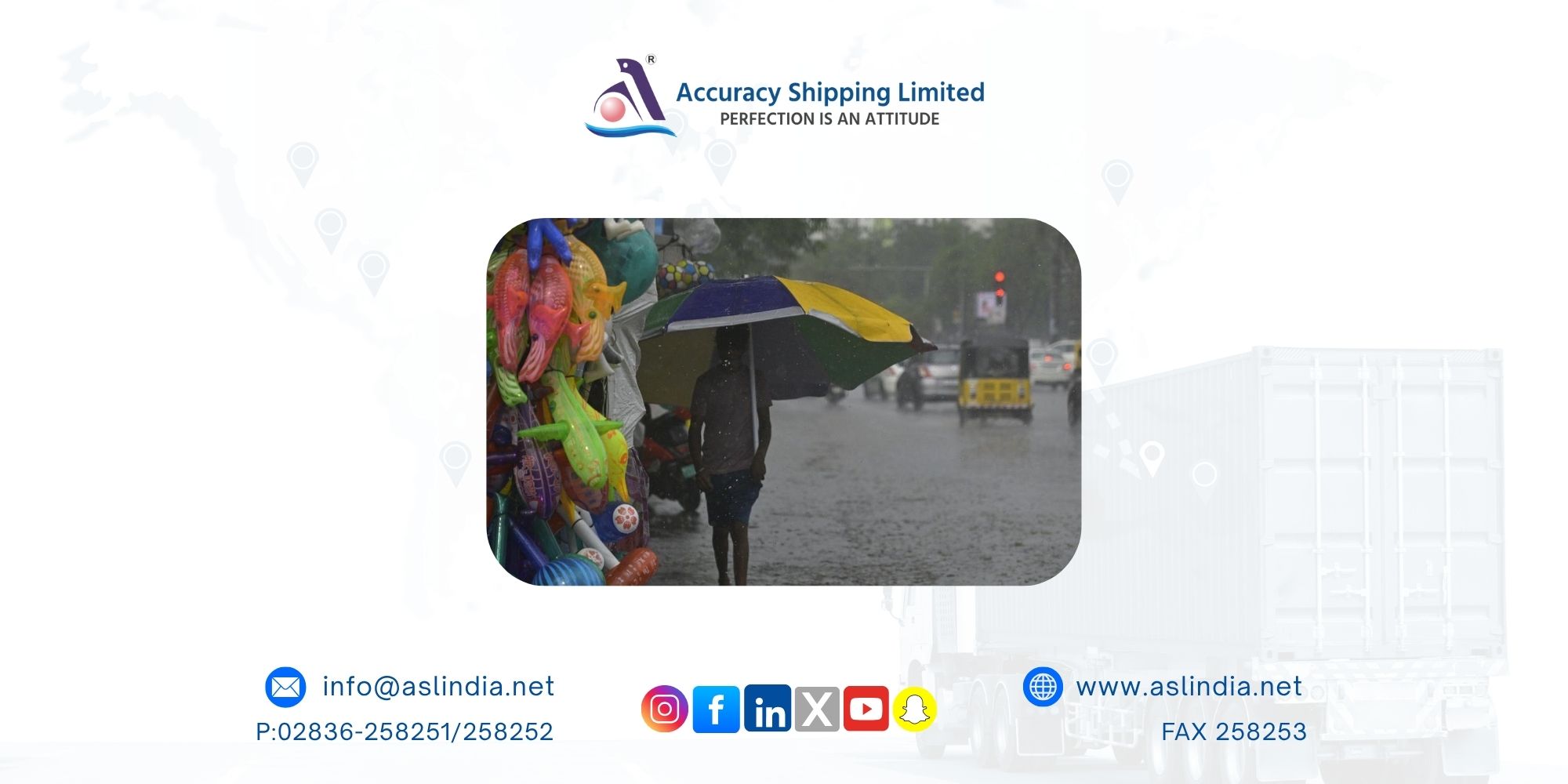Chemotherapy drugs made by Indian firms fail quality tests, shows study

Introduction
In a deeply concerning development, a landmark study published on June 26 has uncovered alarming quality issues with chemotherapy drugs produced by Indian pharmaceutical companies. The research, led by the University of Notre Dame in collaboration with health professionals from Cameroon, Ethiopia, Kenya, and Malawi, has found that about one in five samples of widely-used cancer drugs failed basic quality tests. Even more distressing is the fact that 16 out of the 17 implicated manufacturers are based in India, raising urgent questions about drug safety, regulation, and the global pharmaceutical supply chain.
Vital Medicines, Failing Standards
The investigation, conducted by the Bureau of Investigative Journalism (TBIJ), revealed that essential chemotherapy drugs including cisplatin, cyclophosphamide, doxorubicin, ifosfamide, leucovorin, methotrexate, and oxaliplatin are at the center of this crisis. These drugs form the backbone of treatment for breast cancer, leukemia, ovarian cancer, and more. Alarmingly, the study found some drugs contained dangerously low amounts of active ingredients making them virtually ineffective while others were over-concentrated, posing serious health risks such as organ damage or death.
“Both scenarios are horrendous,” said Shereen Nabhani-Gebara, vice chair of the British Oncology Pharmacists Association. “It’s heartbreaking.”
Global Risk: Over 100 Countries Affected
The impact of these substandard drugs is not limited to India. These generics have been shipped to over 100 countries, from low-income nations like Ethiopia and Nepal to high-income countries like the US, UK, and Saudi Arabia. The worst-performing product was identified as cyclophosphamide made by Venus Remedies, where all eight samples failed six of which contained less than half the active ingredient. One sample had just 27% of the stated dose, rendering it practically useless.
Failing Patients When They Need Hope the Most
Doctors and pharmacists worldwide are witnessing heartbreaking outcomes. In Ethiopia, clinical oncologist Wondemagegnhu Tigeneh reported cases where patients who initially responded to chemotherapy suddenly stopped improving. With no facility to test the quality of drugs, oncologists are forced to rely on clinical signs like the absence of expected side effects (e.g., hair loss or nausea) to suspect quality issues.
“It’s very sad,” said Tigeneh. “We didn’t used to see things like this.”
Generic Drugs: A Double-Edged Sword
Generic drugs play a critical role in making treatments affordable, especially in low- and middle-income countries. However, this investigation reveals the dark side of cost-cutting and the vulnerabilities in global drug regulation. The failed drugs in the study were all generics, which makes their compromised quality even more devastating, as they are often the only affordable option for millions of patients.
Claudia Martinez from the Access to Medicine Foundation emphasized, “If generics were not available in sub-Saharan Africa, any cancer treatment would be likely inaccessible to most of the population.”
Systemic Gaps and the Urgent Need for Reform
The study exposed glaring weaknesses in global regulatory frameworks, with counterfeit and substandard drugs slipping through due to profit-driven shortcuts and lax oversight. Researchers found huge inconsistencies even within the same blister pack, making dosage calculation nearly impossible. Given that chemotherapy drugs require precise dosing due to their toxicity, even minor deviations can result in treatment failure or fatal side effects.
“There’s a limited window of opportunity for treatment to work,” said Professor Marya Lieberman. “If someone is treated with an ineffective product, they can lose that precious window.”
Conclusion
This study is a wake-up call for global health regulators, pharmaceutical companies, and governments alike. While more than 30 manufacturers met acceptable quality standards, the fact that so many failed in such a critical area is deeply troubling. For patients battling cancer, the stakes are life and death. It is imperative that we reinforce global pharmaceutical oversight, ensure transparency in supply chains, and demand accountability from manufacturers.







